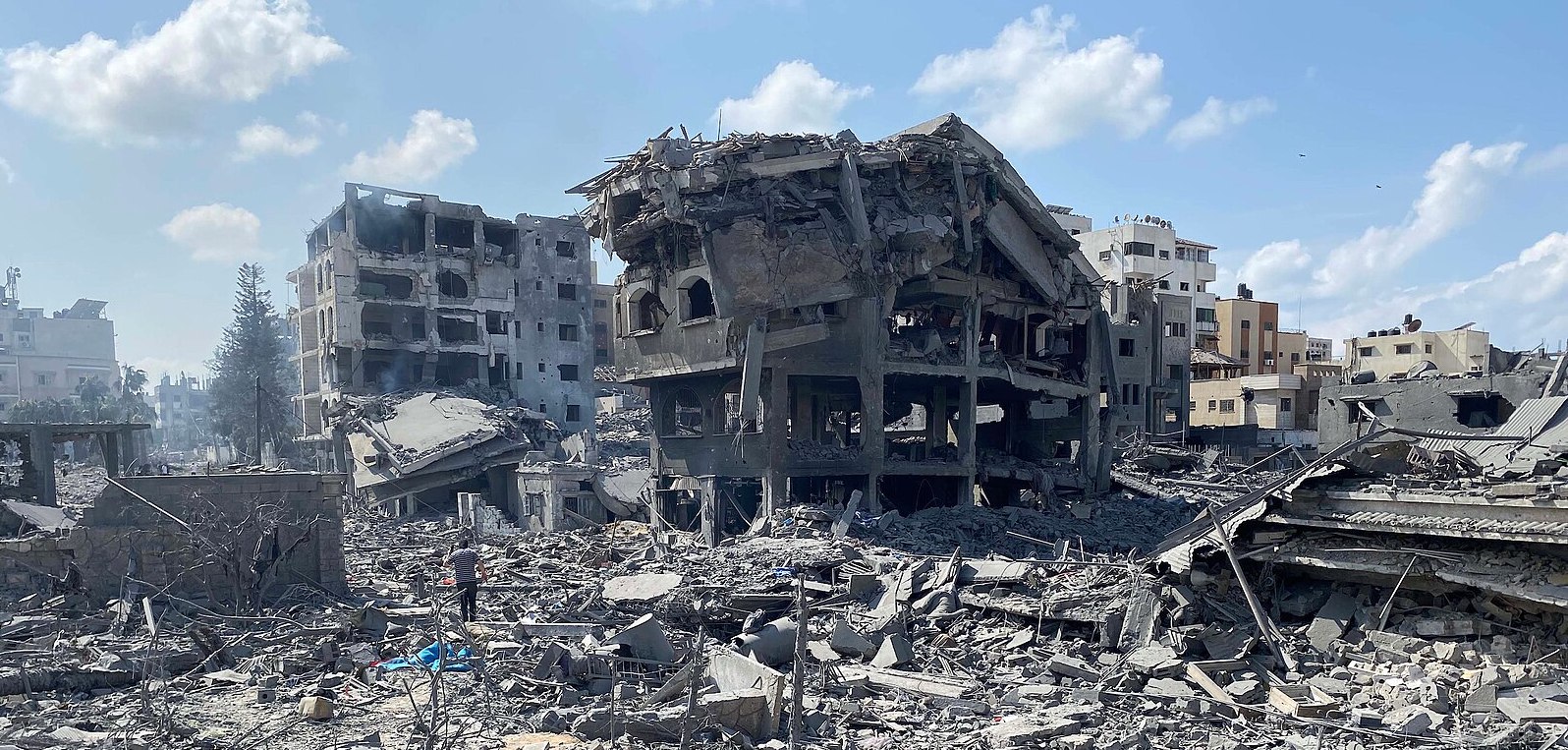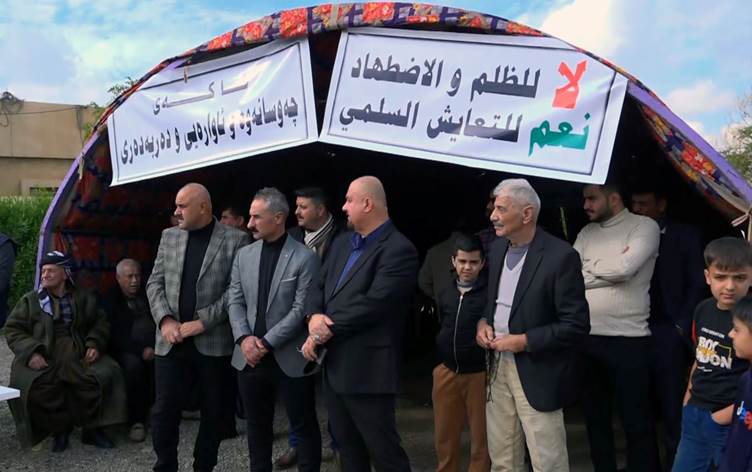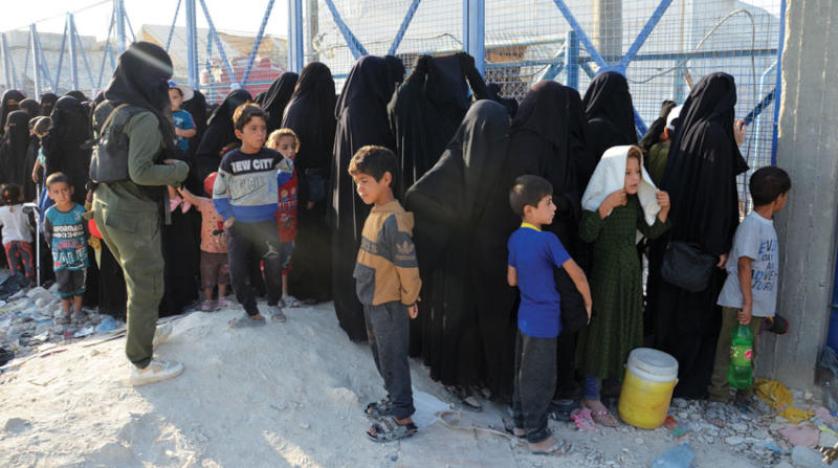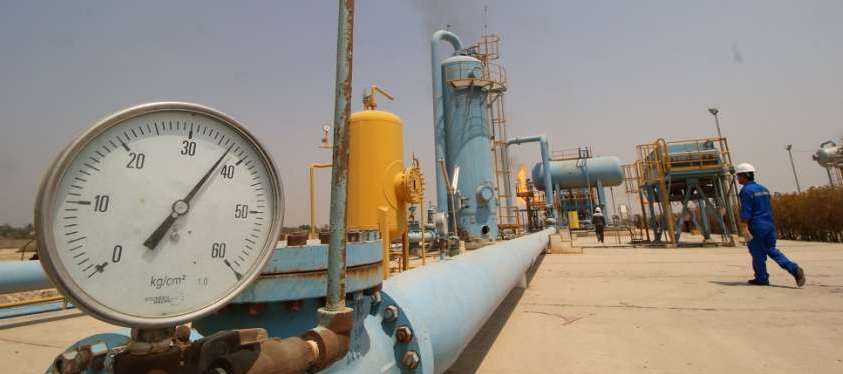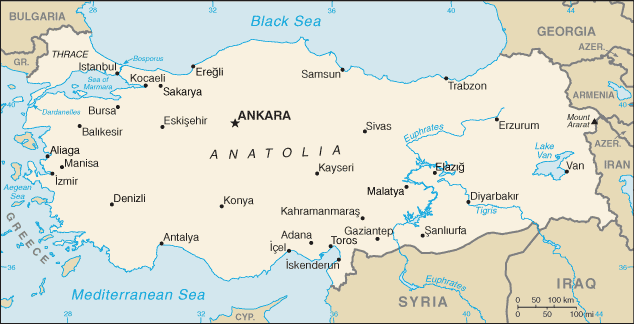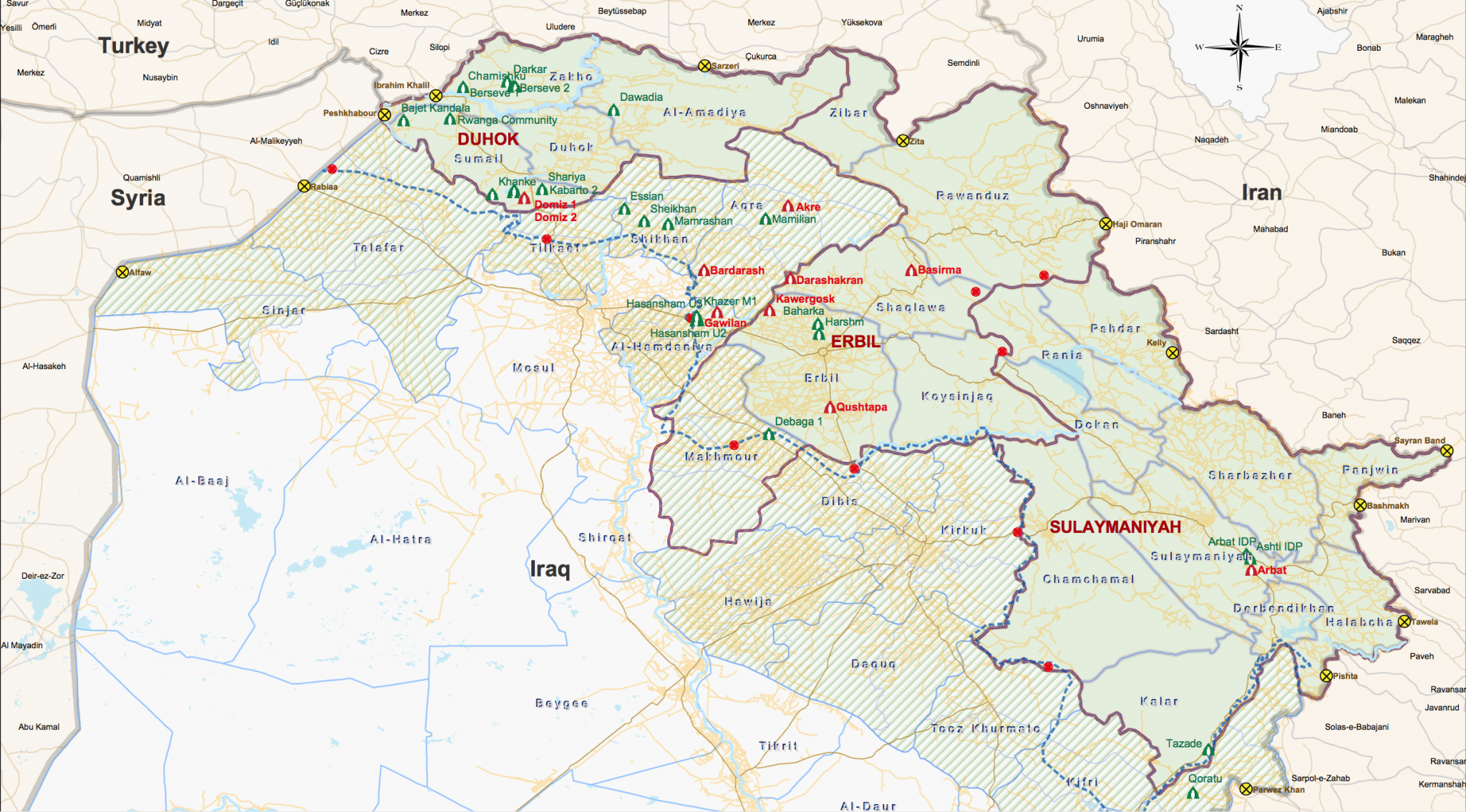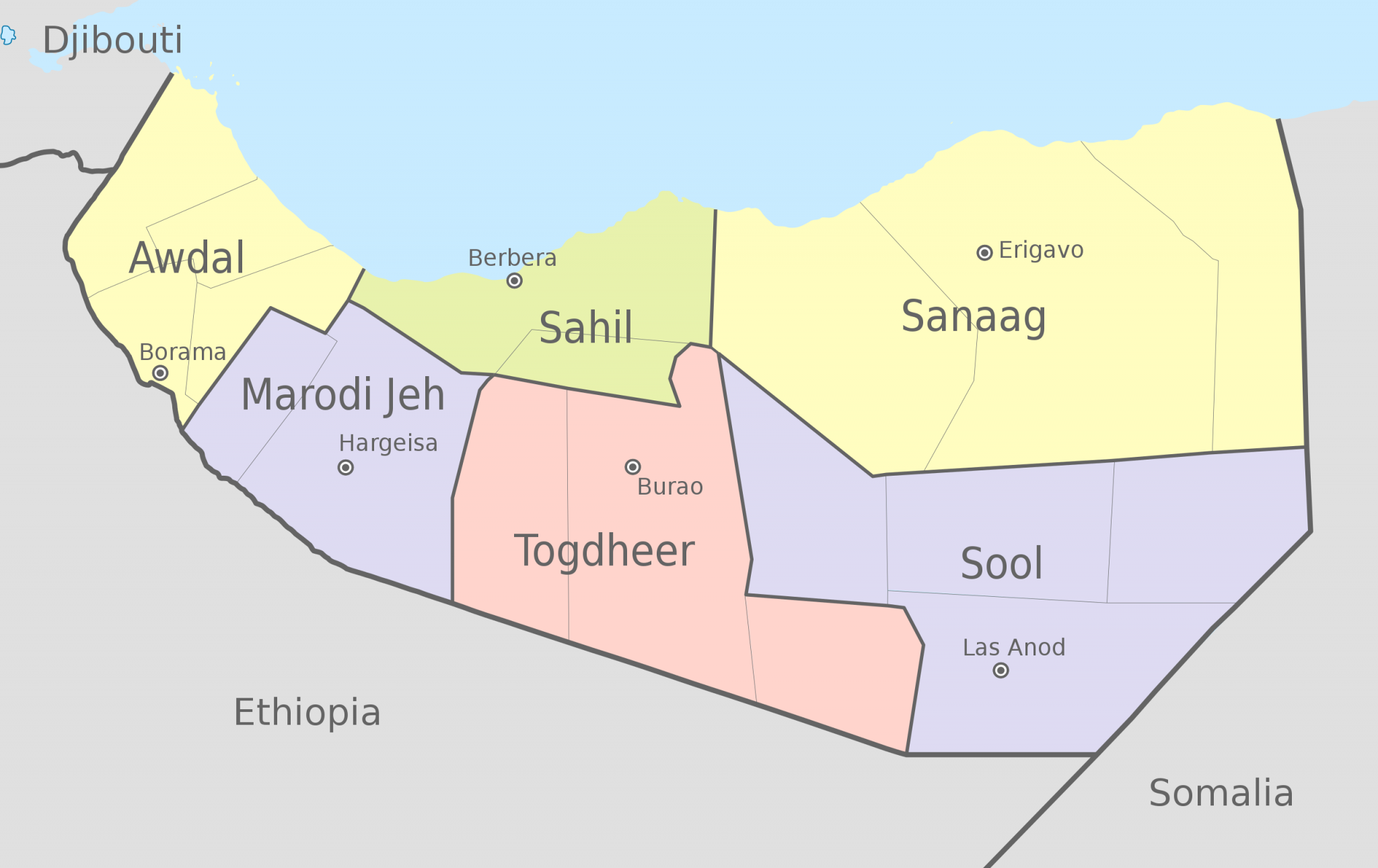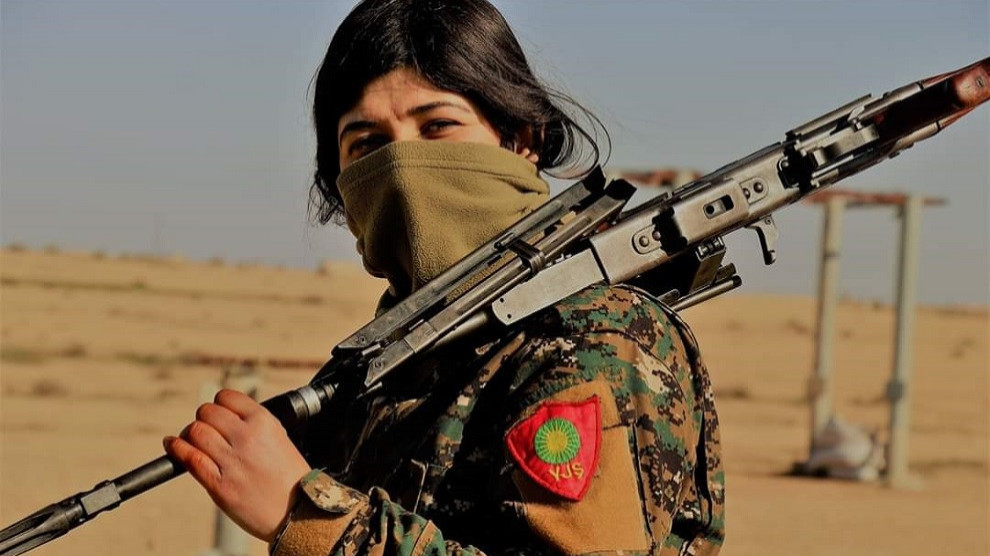
Was drone strike on US forces in Jordan or Syria?
President Biden is pledging undefined retaliation after three US troops were killed and dozens injured in a drone strike being blamed on one of the Iran-backed militias that have been harassing US-led coalition forces in Iraq and Syria. It is widely reported that the target was a site in Jordan known as Tower 22, which provides logistical support for the US outpost across the border at al-Tanf, Syria—near where the borders of Jordan, Syria and Iraq intersect. However, a communique from the umbrella group for Iran-backed factions known as the Islamic Resistance in Iraq did not mention Tower 22, but claimed responsibility for drone strikes on three sites within Syria. These are al-Tanf, the nearby border outpost of Rukban, and Shaddadi—over 200 kilometers away in Hasakah governorate, in Syria’s northeast corner, near oil fields that are under the control of US-backed Kurdish forces. (Image: Pixabay)



